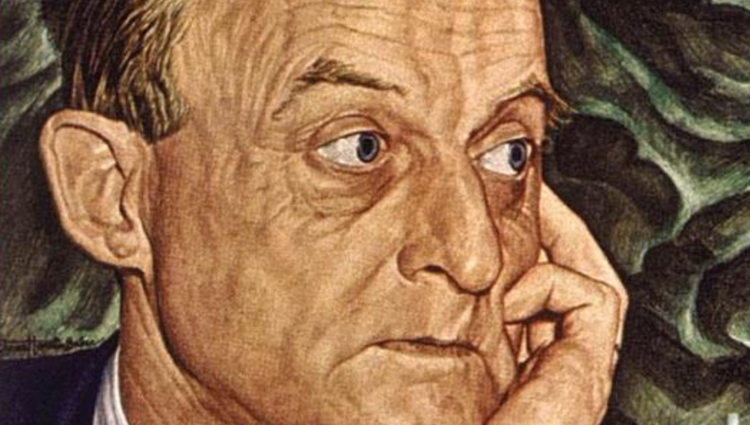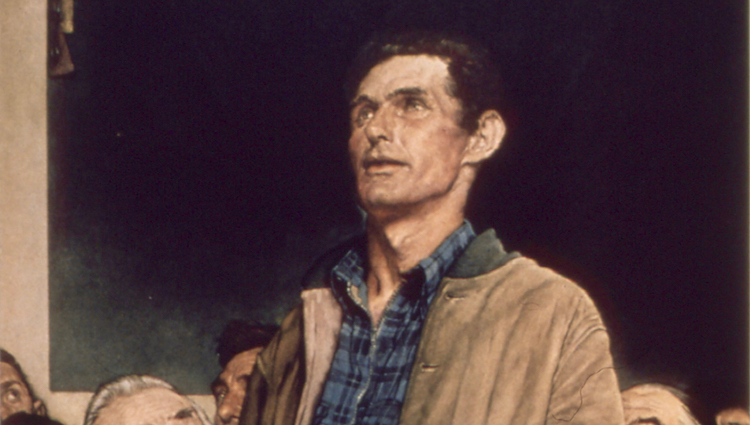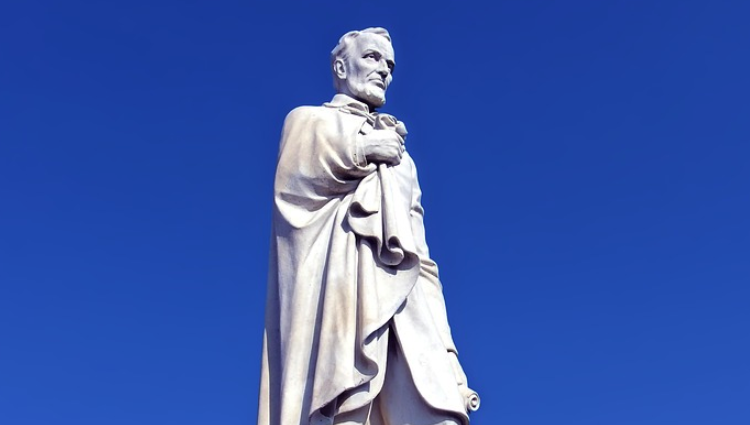The Richard Weaver-Abraham Lincoln Debate
For some time I had puzzled over a discrepancy or inconsistency between two of Richard Weaver’s essays which treat of Lincoln to one degree or another. In his “Abraham Lincoln and the Argument from Definition” (1953), Weaver praises Lincoln as a “conservative” by virtue of his employment of the argument from definition on such issues [...]













